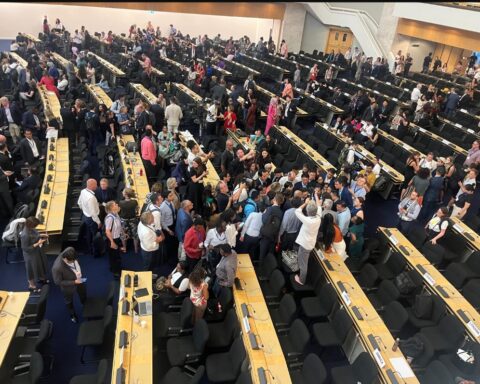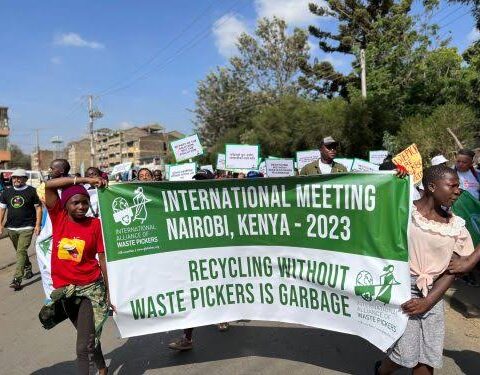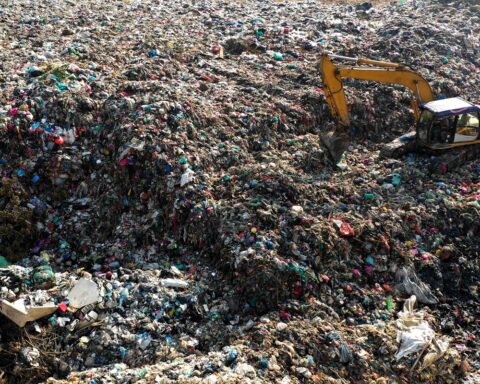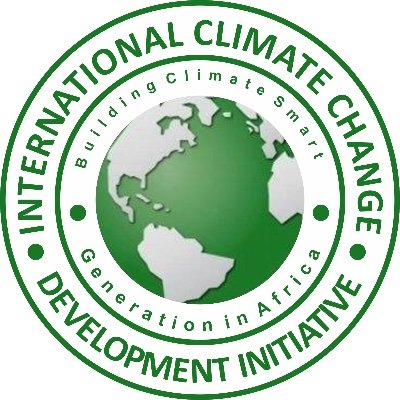Civil society organisations (CSOs) under the aegis of the Community Action Against Plastic Waste (CAPws) have called on the Nigerian Government to take concrete steps towards implementation of the global plastics treaty.
The group made the call at a one-day media capacity-building workshop on Tuesday, August 15, 2023, on the Nigeria Plastic Treaty Strategic Action Plan, organised in partnership with the Federal Ministry of Environment, Connect Lab Africa and EnviroNews, in Abuja.
The Global Plastics Treaty (GPT) is set to change how plastics are designed, produced, and recycled, once endorsed by the 193 member states of the United Nations.
Executive Director CAPws Mr Ahmed Tiamiyu, said the international legally binding agreement was expected to be approved by the UN member states by the end of 2024, as negotiations were ongoing.
He maintained that once approved, it would address cases of the lifecycle of plastics, and ocean pollution and drive new innovations that would create economic prosperity for Nigerians as well as UN member states.
According to him, “single-use plastics, though important to our economy and daily lives, has continued to bring serious negative effects on the environment and human health.
“Though plastics are essential and we use them in all forms of our lives. We need to desist from using single-use plastics because how do you use a plastic that is produced for many hours and dispose of it immediately after use.
“This does not benefit anyone and it is detrimental to our health and also to our environment. We need to redesign them in a way that they can be used over and over again, they stay in the economy, and they can be repaired and refilled,’’ he said.
He said it was also important that they substituted the hazardous chemicals that were used in producing them
Also speaking, the Programme Manager, Connect Lab Africa Mrs Fejiro Olokpo, said that the CSOs would continue to support the federal government in the ongoing negotiation on the plastic treaty.
She said that it was important to collectively take account of new emerging research and studies around solutions to plastic pollution and work towards reducing the production of single-use plastics in the country.
“The way the world is going globally, there is plastic pollution and the issues of environment, climate change are at the front burner.
“It is better we start working on it collectively because the hazards are real and the earlier we get into the mood of trying to mitigate its impact, the better for everybody,” she said.
On his part, Clean Energy Campaigner, Global Alliance for Incinerator Alternatives (GAIA) Africa Mr Weyinmi Okotie, called on the media to highlight potential long-term solutions that the country could adopt to address plastic pollution.
Okotie, who spoke on the topic “Reporting False Solutions to Plastic Pollution”, added that reports on the reduction of plastic production and segregation of waste at source should be given priority in their reportage.
He added that it was also important to encourage alternative service delivery models, support recycling and avoid false solutions, which could divert attention, energy, and resources from the real solutions.
By Dare Akogun








